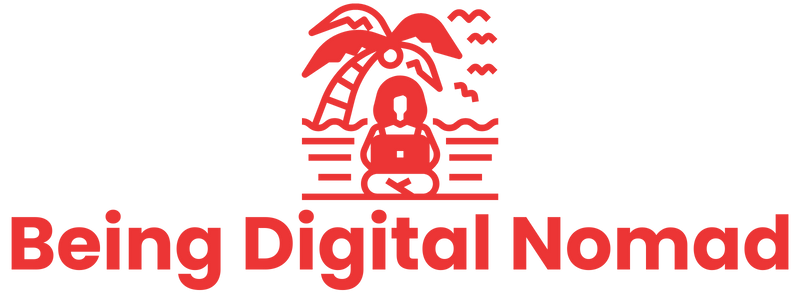Key Takeaways
- Auburn University’s Solon Dixon Forestry Education Center offers immersive forestry and wildlife education.
- The center was founded with a landmark donation by Solon and Martha Dixon in 1978.
- Its summer practicum is a core part of Auburn’s forestry and wildlife curricula, blending theory with practice.
- Students gain valuable field skills and networking opportunities with industry professionals.
Solon Dixon Forestry Education Center: A Keystone of Auburn University’s Natural Resources Education
Auburn, AL–A few hours from the oak trees and picturesque brick buildings of the Plains lies the gemstone of the forestry and wildlife programs in Auburn University’s College of Forestry, Wildlife, and Environment: The Solon Dixon Forestry Education Center.
The Dixon Center, located in Andalusia, Alabama, was created by a gift from Solon and Martha Dixon to Auburn University in 1978. The donation, which included 5,350 acres of land and a $500,000 monetary contribution for the purpose of building the educational facilities, was at that time the largest gift in Auburn University history.
As a graduate of Auburn’s Class of 1926, Solon Dixon aspired to promote excellence in forestry education by providing students with a hands-on laboratory to develop and practice responsible forest management.
It is at the Dixon Center, with its state-of-the-art classrooms and diverse forest habitats, that Solon Dixon’s vision to provide experiential learning is manifested as students travel to the center each year for the college’s summer practicum experience.
First established in 1980, the summer practicum allows students the valuable opportunity to immediately practice in the field what is learned in the classroom. It is this unique combination of traditional and experiential learning that makes the practicum experience renowned for preparing students for the fields of forestry and wildlife sciences.
Experiential Learning and Industry Connections at Auburn’s Summer Practicum
Before beginning courses in their major, forestry students attend the practicum for nine weeks between their sophomore and junior years to learn the foundational concepts and technical field skills that form the building blocks of their education.
Tom Gallagher, Auburn’s Regions Bank Endowed Professor of Forest Operations, said one of the greatest takeaways for students is “an understanding of what it takes to work in the woods,” as the summer can be “an eye-opening first experience.”
Auburn’s six-week wildlife summer practicum, launched in 2010 as a senior-year capstone to the wildlife curriculum, provides students with the necessary field skills for their careers.
Beyond the classroom
In addition to the field immersion, students live among forestry and wildlife faculty and often work with various state, corporate and private entities. These connections provide students with invaluable networking opportunities and the ability to apply their classroom learning to real-world situations, often leading to internships and post-graduation job opportunities.
Brae Buckner, a graduate of the wildlife program who previously worked with the Southeastern Raptor Center, said that the summer yields “a lot of networking…you get to work with the best ornithologists, the best herpetologists, and the top minds in today’s wildlife research.”
According to Joel Martin, the center’s director, students who experience a combination of classroom theory and hands-on learning are often those who are most competitive in the job market, and typically advance more quickly. Noted Martin, “It’s impressive how many people working today in decision-making or policy-influencing positions within the state and region have ‘cut their teeth’ at the center.”
For decades the summer practicum experience at the Solon Dixon Forestry Education Center has been a cornerstone of Auburn’s forestry and wildlife programs. It is this unique educational asset that has made the College of Forestry, Wildlife and Environment a top institution in the Southeast for natural resources education.
What We Think
The Solon Dixon Forestry Education Center stands as a testament to Auburn University’s commitment to practical education. By bridging the gap between theoretical knowledge and hands-on application, the center not only honors Solon Dixon’s vision but also equips students with the comprehensive skills needed in the forestry and wildlife fields.
This balance of classroom learning and field experience ensures Auburn graduates are well-prepared and often more competitive in the natural resources job market.
This article was originally published as a press release. Read it here.

